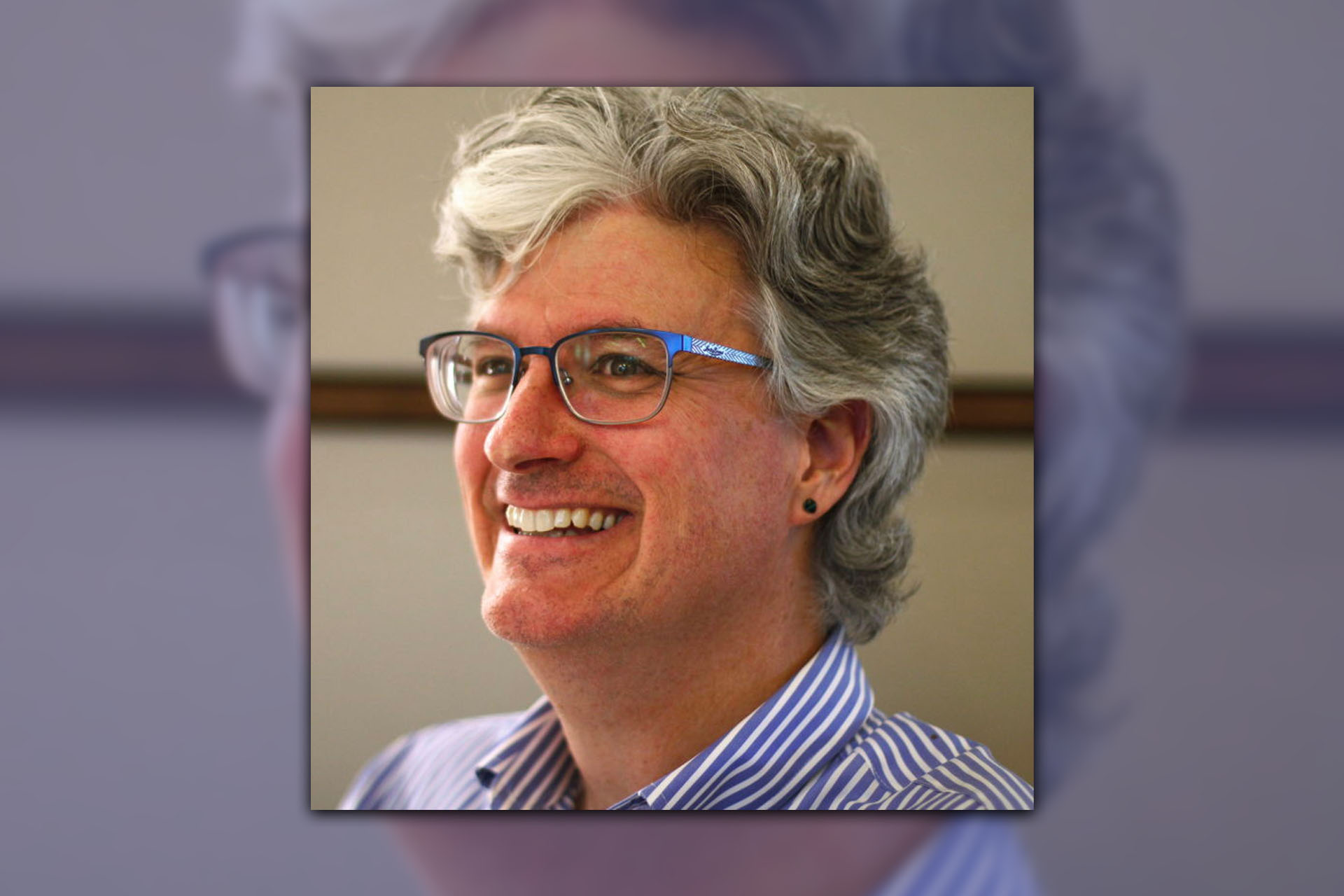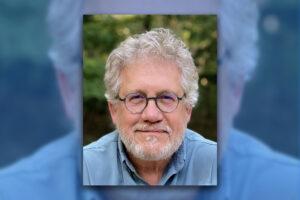Invitation to Tea: The Market
Open to shattering light, the garage door
was a metal ceiling. And evening was coming on.
Not yet, though. The afternoon
was a meeting, one without agenda
and the sun needed to make just one more point.
“It’s all commonplace, ordinary,”
James Wright said, speaking from his travels
–this time, Italy–and from his own blossoming.
In his scene, farmers in Europe
were going to market; in mine,
an American man unloaded groceries
from his packed hatchback. The concrete floor
throbbed, releasing summer’s heat.
Why do Zen Masters always say,
“Have a cup of tea. Have a cup of tea.”
Jesus, what the hell is it with those guys
and all that tea? Between loads, standing still
in my own life, a hum widened
then disappeared. Storms had passed.
The day itself was ripe, hauled in
from the countryside and piled up
here in my garage. In sacredness,
Dogen says, there is no mundane.
That deepening whir sounded again around me,
changed pitch, and was gone.
Searching for nectar, a bee scanned
the lifted garage door, doing its ordinary business,
but found only machined holes.
But when it drew near one, its quiet buzz
amplified in the hollow of the commonplace.
Unchained Chain
A thick, sticky haze clings
to the dark maple at the yard’s corner,
and the surrounding hills
are gray, indistinct
—but that’s perception. In themselves,
landscape, trunks, leaves and branches
are as sharply shaped as ever.
Only water interposing in air
changes what can be seen
and how. I remind myself of this
because it’s Sunday
and the first morning glory flowers
are blue sunrises over the wooden fence.
Yesterday, a gully washer,
as my neighbor calls such torrents,
so I trace causes. Blossoms today
from powerful rain, but why does rain
form and fall? Soon
each question mark hooks neatly
to another, chaining science
and hunches, hearsay and guesses
so that when knowledge
falls wearily to the dusty roadside
faith can take up the pace
and when causes obscure themselves,
theology offers the Uncaused Cause,
the All-Powerful One
Who set the others in motion.
I remind myself because it is Sunday
and Buddhists teach the chain
of causation is itself eternal
so we must examine reactions,
be responsible for implications.
Sunday, and the war on terrorism
marches on. How many Marines
will be announced, how many
in the latest car-bombing?
Interrogating the future
steels against uncertainty
but queries follow hard
until I’m left standing in the fog
staring at heart-shaped leaves
and blue flowers that could not
create themselves. I remind myself
because no one’s answered
why do they hate us so much?
Desire Lines
Some injustice is more scar than sore— thick
and tough but still tender, the wound sealed
but active; no longer a single event,
the law’s harder to administer.
It’s always darkest, the Japanese say,
at the foot of the lighthouse. The beam
sweeps over us, warning far-off travelers,
linking land and sea, shifting channel
with solid shore, but there at the base
we can’t find our way, can’t recognize
our own hand. Same with our bodies.
Same with our cities. You don’t need
the case law but it goes back to Shelley v.
Kraemer. Up inside the relic of a lighthouse,
we circled around and around inner stairs.
To preserve the structure, volunteers
rolled the whole tower on logs
back from the battering shore.
From the top, our gaze beamed forth
over the stub-end of the island,
to the inscrutable white scribbles
waves write and erase, and beyond
to the gray-green deep. Looking down,
amid well-planned gridded streets
and sidewalks, you could also trace
footpaths, cut-throughs people took
across scrub lawns. Desire lines.
Watch them emerge whenever it snows.
Pedestrians vote with their feet,
crossing borders, expressed and abstract.
Sometimes justice comes down
to how a park’s entrances are sited,
where to establish a bus stop, and
how far to the nearest grocery store.
Someone needs to climb, climb,
climb high enough over what seems
inevitable and immutable
to shine a light on what’s possible.
People need to cut across various boards
and city/county/state agencies, each
knotted with its network of functions—
who is eligible to vote, how lines
are drawn and by whom, who can live where
and for how much. Before they pave
anything down, mind the contract for the concrete.
—for Alyce
Edward A. Dougherty is the author of 11 collections of poetry, and his newest release JOURNEY WORK is nonfiction, relating his adventures in peacemaking, spirituality, and the art of poetry. On June 5, 2022, the Cantata Singers will perform his latest commissioned collaboration with composer Will Wickham at 2 pm at the Grove Street Boat Launch in Elmira. They will perform their earlier work Where Sacred Waters Divide and the new suite, Surviving Agnes, to mark the 50th anniversary of the floods in the Southern Tier.






I found all three poems to be so effusive in their examinations of civic duties and mundane rhythms governing our diurnal cycle of life.
Thank you Sir for your poetic felicity and the existential commonality in your imagery.